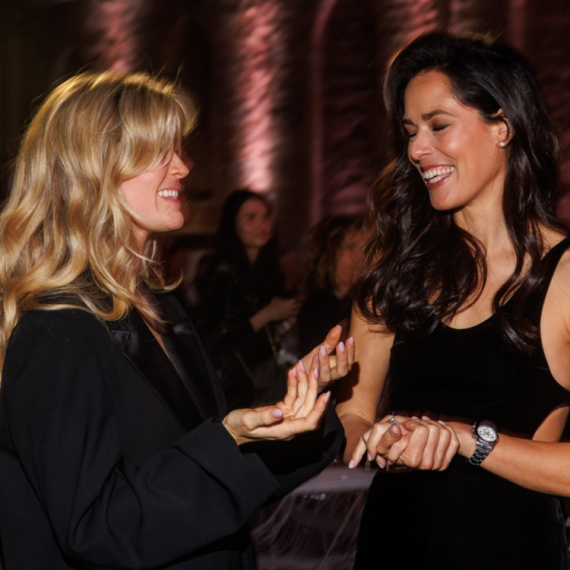Julia Roberts, one of Hollywood’s most charismatic actresses, is known for numerous successful roles, including winning an Oscar for the film “Erin Brockovich.” However, her career has not been without failures. The 1994 film “Love Trouble,” in which she starred alongside Nick Nolte, was one of her lowest-rated projects. The film was criticized for poor chemistry between the lead actors and awkward dialogue in the script. The real reason for the film’s failure was the deep animosity between Roberts and Nolte, who openly spoke about their mutual dislike. Although Julia later denied that scenes were shot with doubles, she never defended the film and called it “trash.” This case shows that even big stars cannot save a project without a good script foundation and mutual chemistry.
Political Perspectives:
Left: Left-leaning outlets tend to emphasize the human and emotional aspects of Julia Roberts’ career, highlighting the challenges even successful actors face, such as difficult working relationships and the impact of personal conflicts on film projects. They may also focus on the resilience and continued success of Roberts despite setbacks.
Center: Centrist sources report the facts about the film’s failure, the poor reception, and the known animosity between the actors without much editorializing. They present a balanced view of the film’s shortcomings and Roberts’ career trajectory, noting the importance of chemistry and script quality in filmmaking.
Right: Right-leaning media might focus on the professionalism and accountability in the film industry, possibly criticizing the actors’ personal conflicts as unprofessional behavior that harms projects. They may also highlight Roberts’ later successes as a testament to individual talent overcoming difficulties.













































